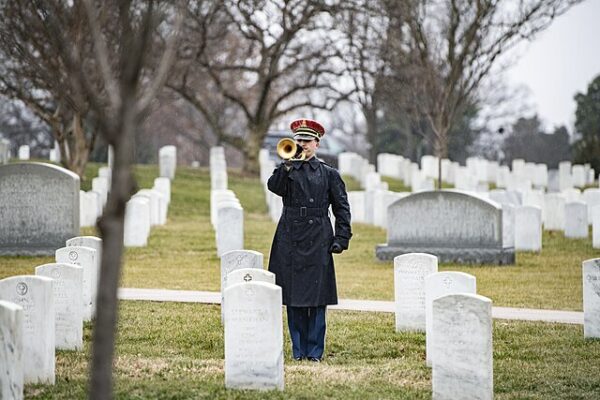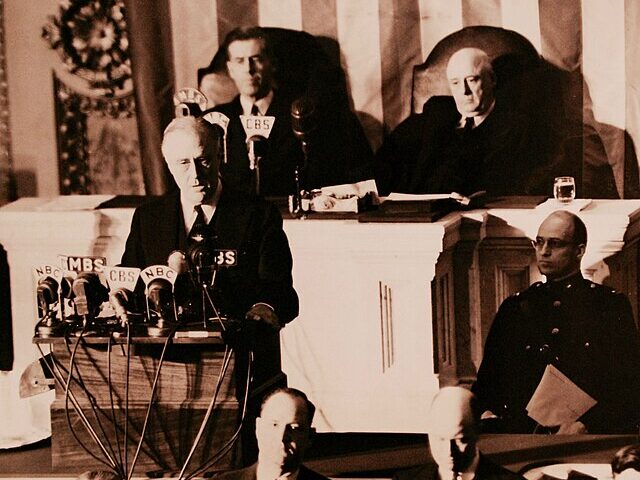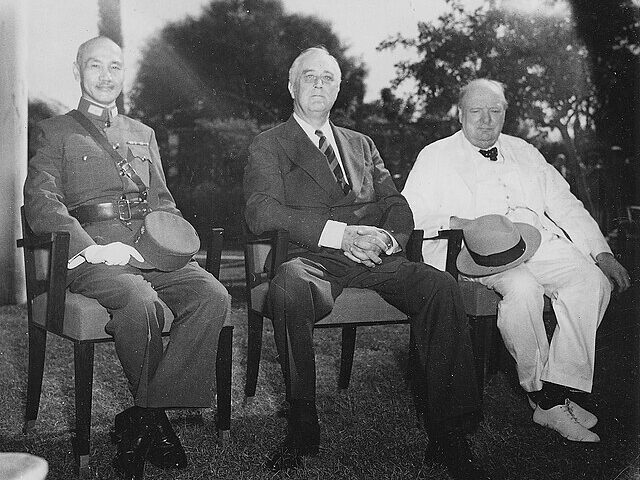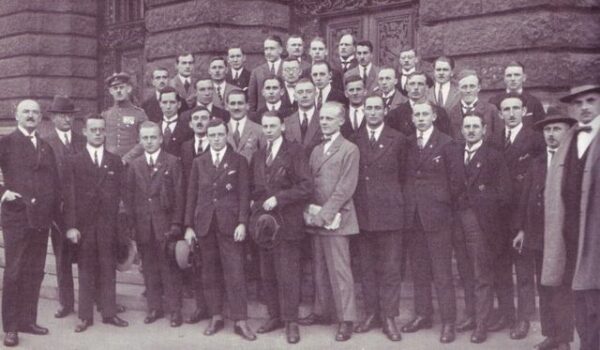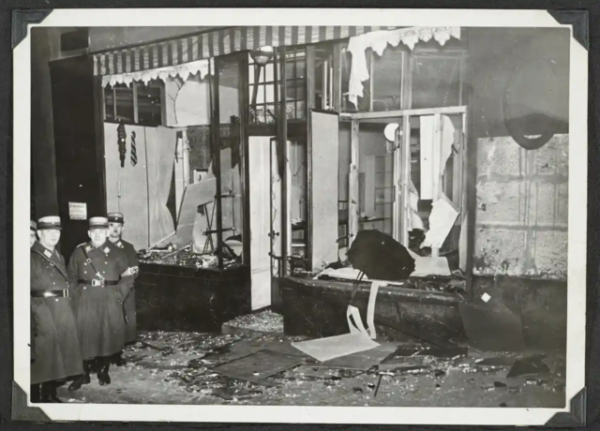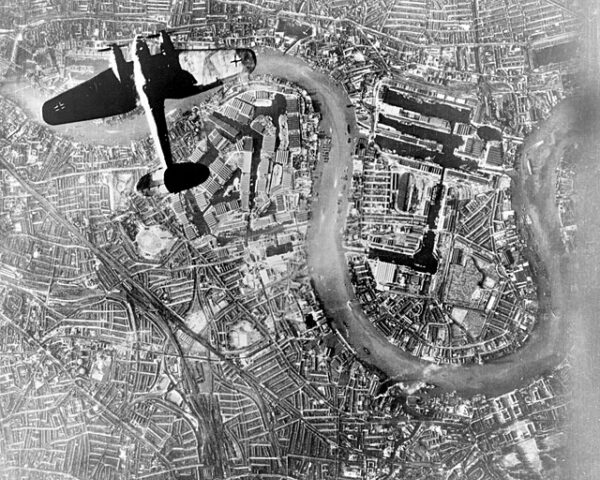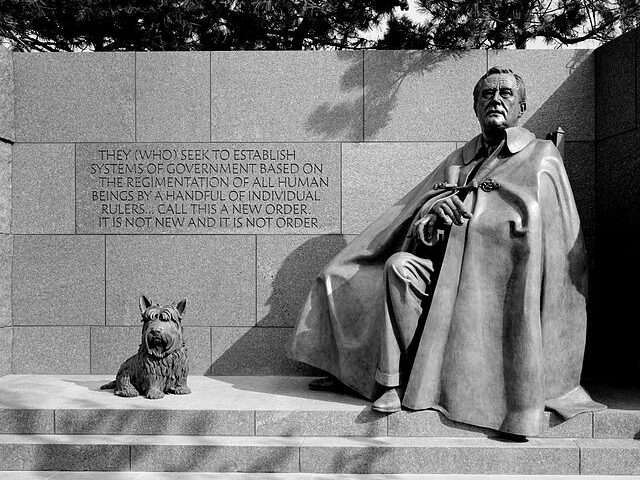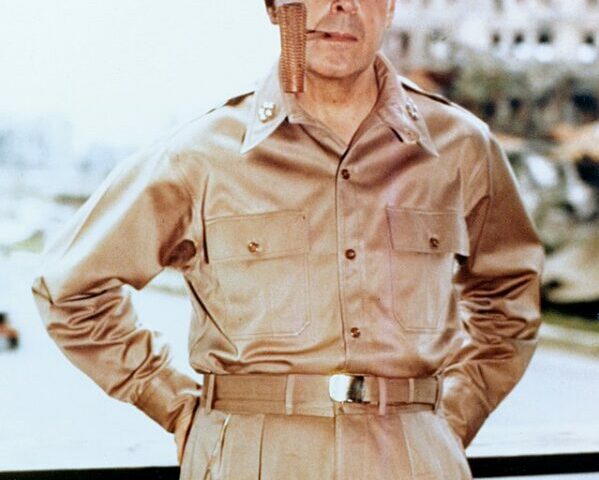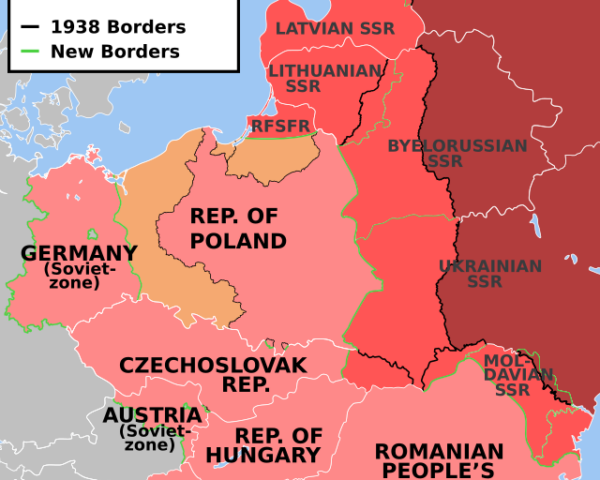On December 16, 1944, the serene winter landscape of the Ardennes forest erupted into chaos as German forces launched a massive surprise assault on Allied troops. This confrontation, known as the Battle of the Bulge, became one of the most critical turning points of…
Read MoreOn December 7, 1941, the United States was thrust into global war when aircraft of the Imperial Japanese Navy launched a sudden and meticulously coordinated attack on the U.S. Pacific Fleet at Pearl Harbor, Hawaii. The assault began early on a quiet Sunday morning,…
Read MoreOn November 22, 1943, as the Second World War entered what Allied leaders increasingly believed would be its decisive phase, President Franklin D. Roosevelt, Prime Minister Winston Churchill, and Generalissimo Chiang Kai-shek gathered in Cairo to confront the future of the war against Japan—and,…
Read MoreOn November 11, 1923, German authorities arrested Adolf Hitler following the Beer Hall Putsch, marking a pivotal event that could have shifted the direction of world history and changed the lives of tens of millions. The Beer Hall Putsch, which occurred on November 8-9,…
Read MoreKristallnacht, also known as the Night of Broken Glass, unfolded on the night of November 9 and 10, 1938, marking a horrifying turning point in the persecution of Jews during the Nazi era in Germany. Triggered by the assassination of German diplomat Ernst vom…
Read MoreThirteen minutes. On the night of November 8, 1939, while Munich’s old Bürgerbräukeller echoed with the loyalist cheers of Nazi Party faithful commemorating the sixteenth anniversary of the Beer Hall Putsch, Adolf Hitler slipped out of the hall thirteen minutes earlier than scheduled—a minor…
Read MoreIn the dimming light of a crisp October evening in 1940, the Battle of Britain was drawing to a dramatic close. The roar of aircraft engines had become a familiar backdrop to daily life for the British people, who had endured months of relentless…
Read MoreOn October 30, 1941, President Franklin D. Roosevelt approved $1 billion in Lend-Lease aid to Allied nations, marking a pivotal point in the United States’ role in World War II. This decision expanded the scope of the Lend-Lease Act, passed by Congress in March…
Read MoreOn October 20, 1944, General Douglas MacArthur made good on his promise and waded ashore on Leyte Island in the Philippines. Nearly three years prior, the charismatic general had been forced to leave the islands after the Japanese invasion, but he made a promise…
Read MoreOn October 8, 1939, just weeks after the invasion of Poland, Nazi Germany officially annexed large portions of the country, marking a significant moment in the early stages of World War II. This act followed the German invasion of Poland on September 1, 1939,…
Read More

